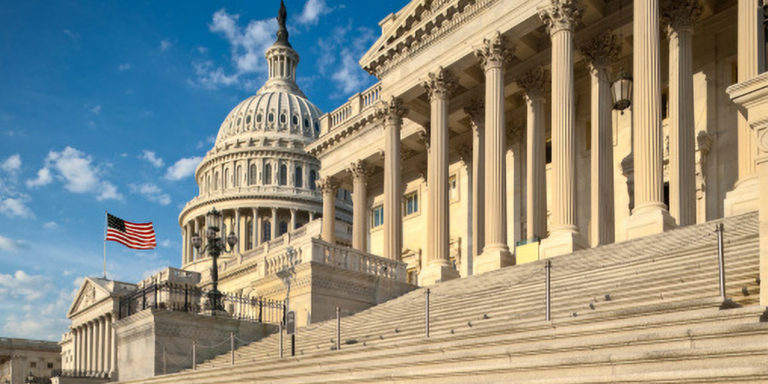On May 28, the Federal Trade Commission (FTC) released its annual report to the Consumer Financial Protection Bureau (CFPB) detailing enforcement and educational activities undertaken in 2023. The report pertains to actions under the Truth in Lending Act (TILA) and Regulation Z, the Consumer Leasing Act (CLA) and Regulation M, and the Electronic Fund Transfer Act (EFTA) and Regulation E. Specifically, the report highlights FTC initiatives in areas such as automobile financing and leasing, electronic fund transfers, so-called junk fees, payday lending, and negative options.










